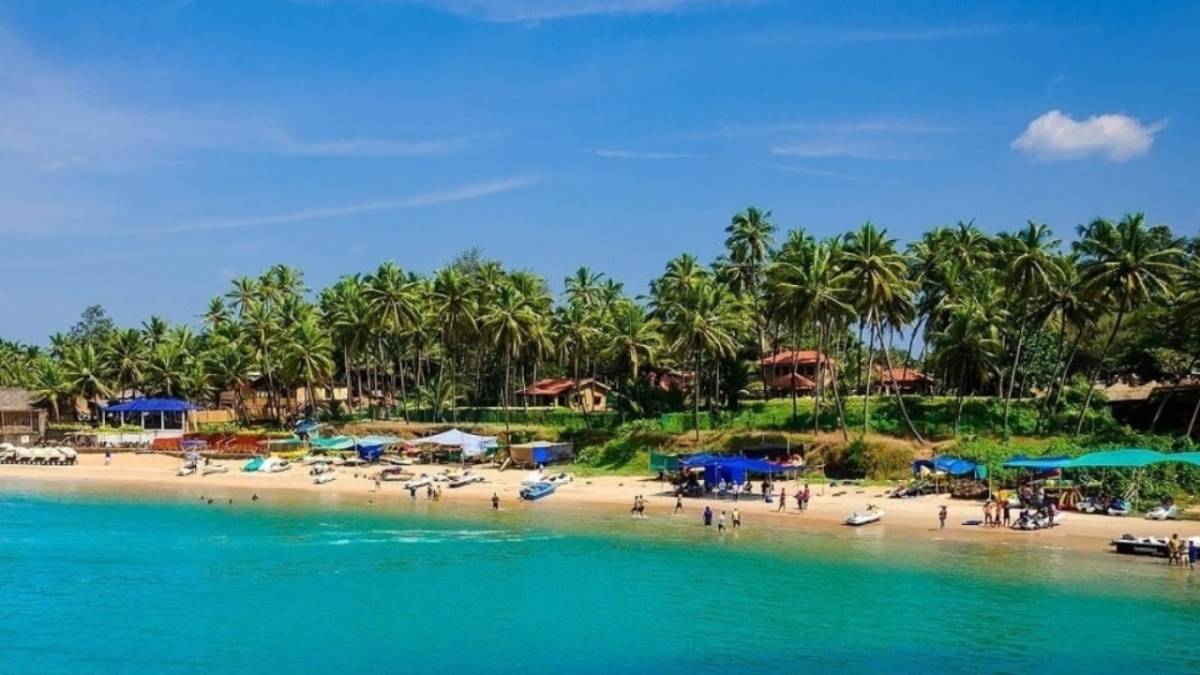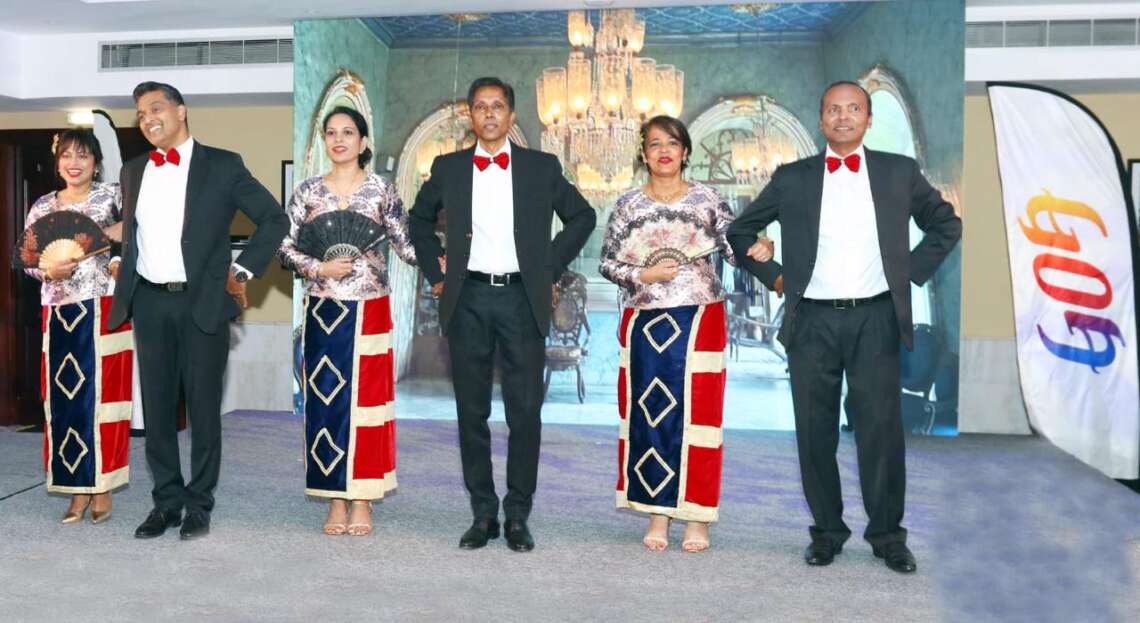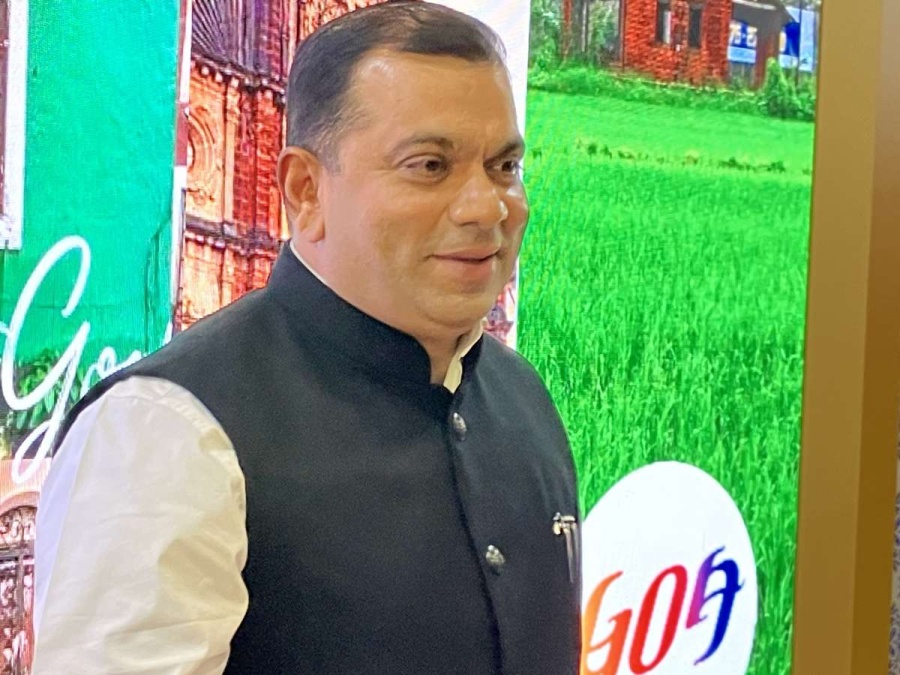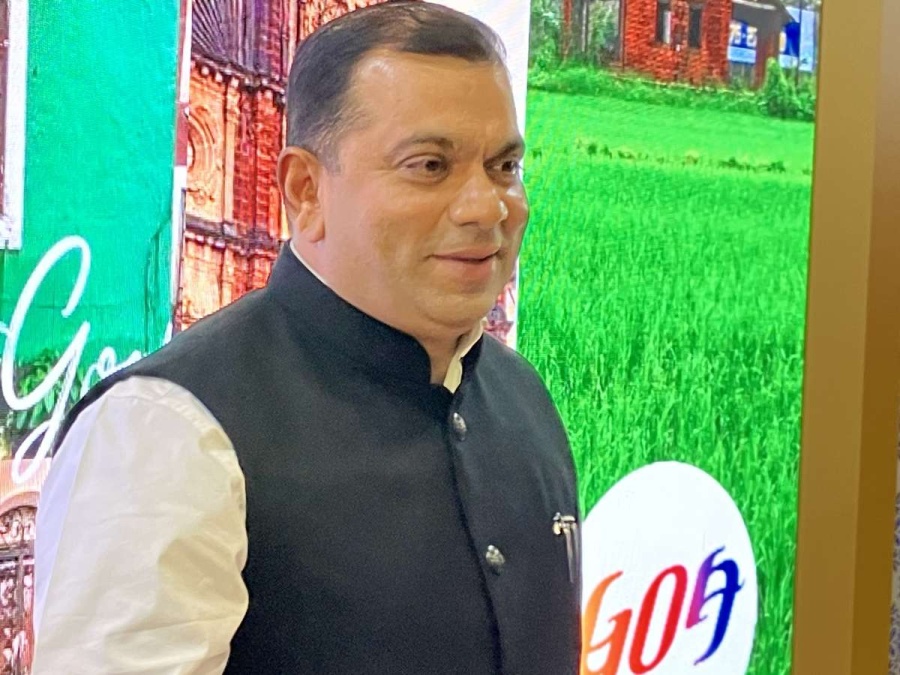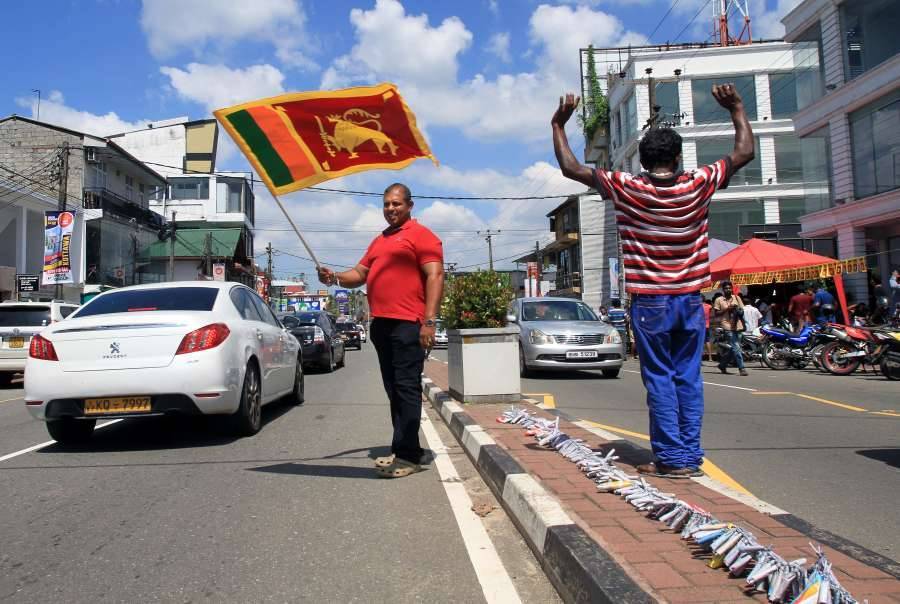The US, Britain, France and Turkey then moved a four-point resolution against India. Seven UNSC members voted in favour, four against. But the motion was defeated by a Soviet veto…reports Asian Lite News.
International reaction to India’s annexation of Goa, hitherto a colony of Portugal, was at best mixed; indeed, quite hostile in western countries when it happened 60 years ago.
Keesing’s Record of World Events, reveals the Portuguese delegate at the United Nations Dr Vasco Vieira Garin on December 18 requested an immediate meeting of the Security Council. He described Prime Minister Jawaharlal Nehru’s move as “the result of cold-blooded premeditation” and “a clear and flagrant violation of the sovereign rights of Portugal and of the UN Charter”.

In a letter to the president of the council, Dr Omar Loutfi of the United Arab Republic (a political union between Egypt and Syria, dissolved in 1961), Dr Vieira Garin said India had launched “a full-scale unprovoked armed attack on the territories of Goa, Daman and Diu, comprising the Portuguese State of India”. Portugal sought the council meeting “to put a stop to the condemnable act of aggression by the Indian union” and to “order a ceasefire and withdrawal forthwith from the Portuguese territories of Goa, Daman and Diu of the invading forces of the Indian Union”.
Dr Loutfi expressed his country’s reservations about the Portuguese charges; but a council debate was approved by majority vote among the members. The Soviet Union opposed the debate on the grounds that the matter was “exclusively within the domestic jurisdiction” of India and the territories concerned could not be considered to be anything “other than provisionally under the colonial control of Portugal”.
The United States, Britain, France, Turkey, Chile, Ecuador and Taiwan (then a permanent member of the UNSC), however, supported a debate. Other than the Soviet Union, Ceylon (now Sri Lanka) opposed the request, while the UAR and Liberia abstained. The debate was held without a vote.
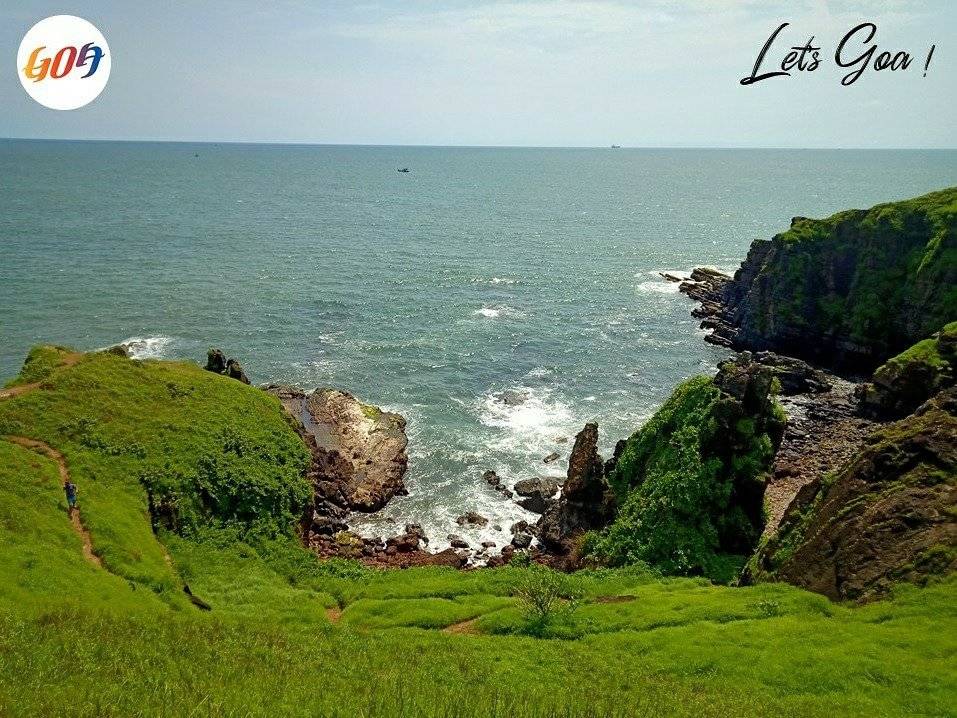
The Indian Representative at the UN, C.S. Jha, when asked to state his country’s case, said the “elimination of the last vestiges of colonialism in India” was an “article of faith” for the Indian people. He described Goa, Daman and Diu as “an inalienable part of India unlawfully occupied by Portugal”. He cited that Lisbon had “rudely rejected” all previous Indian attempts at a settlement.
The US, Britain, France and Turkey then moved a four-point resolution against India. Seven UNSC members voted in favour, four against. But the motion was defeated by a Soviet veto.
President Leonid Brezhnev was, in fact, on a state visit to India when the Indian takeover took place. He asserted in Mumbai that the Soviet Union had “complete sympathy for the Indian people’s desire to liberate Goa, Daman and Diu from Portuguese colonialism”. Soviet premier, Nikita Krushchev cabled Nehru to say “the resolute actions of the Government of India to do away with outposts of colonialism in its territory were absolutely lawful and justified”.
Non-aligned countries like Yugoslavia, Indonesia, Ghana, Morocco, Tunisia endorsed India’s move, as did the Afro-Asian bloc in general, other than Pakistan, which called it “naked militarism”. West Germany, Australia and New Zealand fell in line with the West.
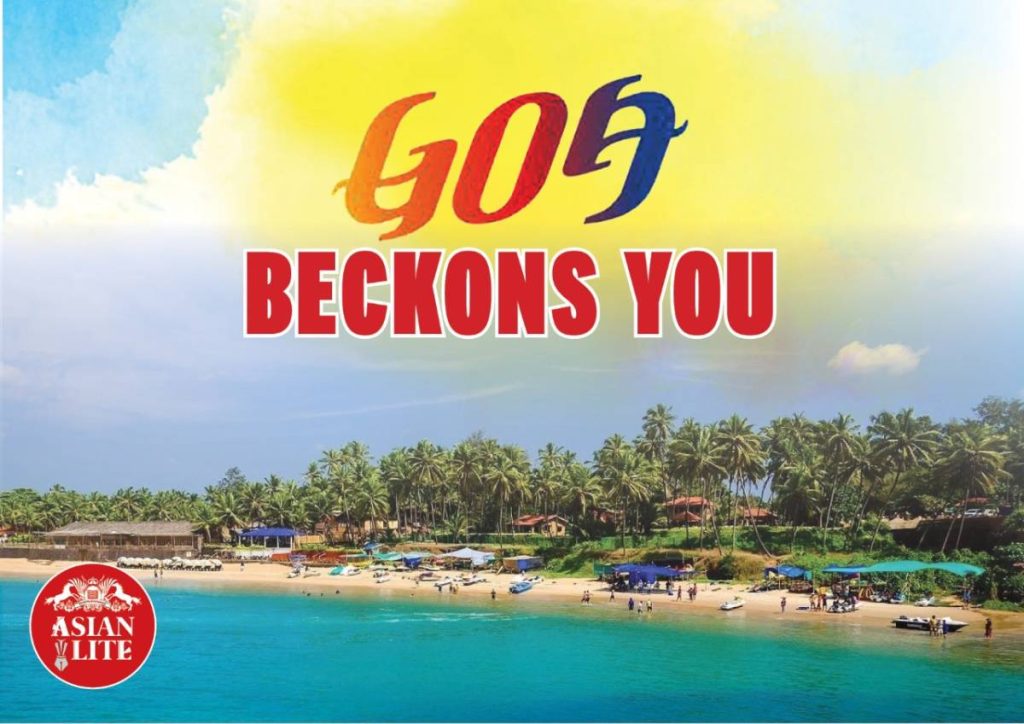
On 3 January 1962, Dr Antonio de Oliveira Salazar, prime minister of Portugal, told the Portuguese National Assembly: “Since we do not accept the validity of the fait accompli, the Goa question has not yet ended and we might truthfully say that it is just the beginning.” Portugal continued to recognise parliamentarians elected to the National Assembly from Goa, Daman and Diu. They continued to be eligible for Portuguese citizenship. The upshot of this is Antonio Costa, who is of Goan origin, is today Portugal’s prime minister.
Salazar blamed Britain. “The very prudent British school of diplomacy has one special feature that I greatly admire,” he sarcastically said, “which is, to make every effort, even in the gravest circumstances, to obtain concrete undertakings in exchange for vague promises.”
India’s relations with Portugal remained tense for decades, until Lisbon’s rhetoric and resistance gradually petered out.
ALSO READ-Spectacular Goa set to allure visitors at EXPO2020 DUBAI


